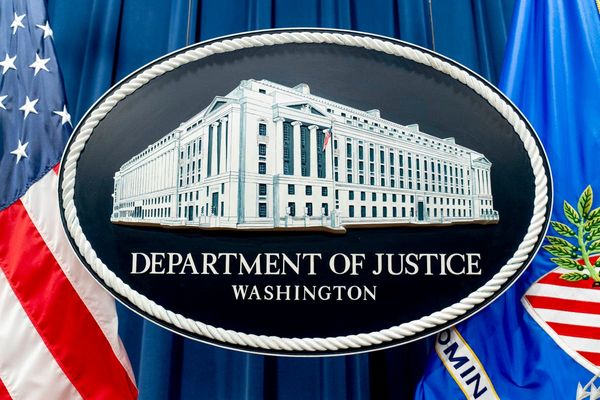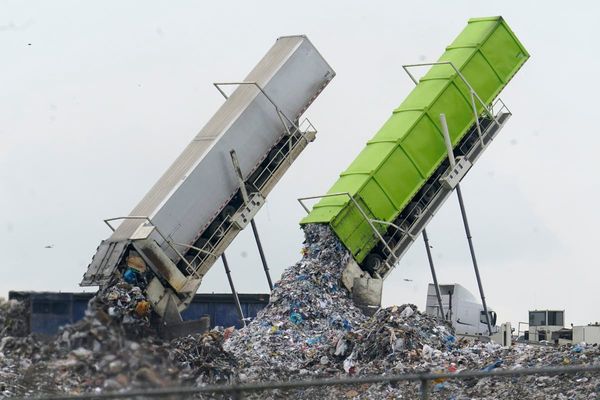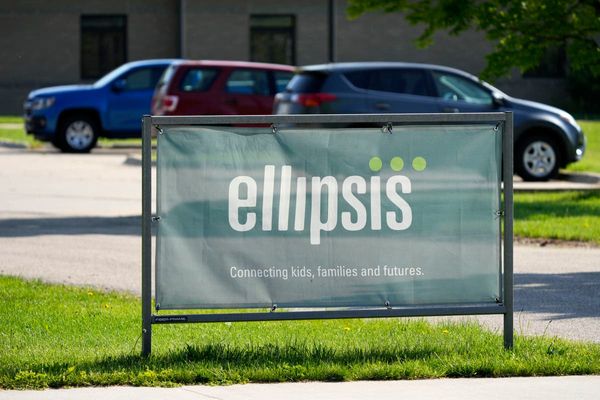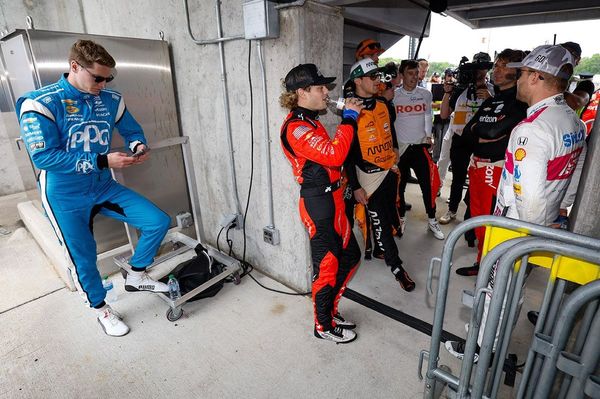
Saltwater crocodiles in the Northern Territory are soon to be culled but scientists are wary that could create a false sense of security.
The NT government's saltwater crocodile management program 2024-2034, released on Thursday, includes targeted culling up to 1200 hatchling, juvenile or adult crocodiles annually in specified areas.
Saltwater crocs were hunted close to extinction in the NT between the 1940s and 1971, when the practice was banned after the population dropped to about 3000 animals.
Environment Minister Kate Worden said the plan outlined management for the 100,000 crocs in NT waterways and would be reviewed in five years.
"The management of crocodiles is important for public safety. That's why it is important we continue the Croc Wise campaign to educate the community about the dangers saltwater crocodiles pose," she said.
But academics are cautioning culling could create a false sense of security.
Biological scientist Dr Steve Salisbury, head of the UQ Dinosaur Lab, and applied ecologist and conservation biologist Professor Mike Letnic from UNSW both told AAP that harvesting one per cent of the NT's crocs was unlikely to make much of a difference.
"If we've learned anything it's when one croc is removed, particularly the large ones, that other crocs will move into their territory," Dr Salisbury said.
"And it probably even makes it more dangerous, particularly if there's this perception amongst the public that it's going to somehow be safer."
Prof Letnic, who previously worked on crocodile management plans for the NT, said there were places where it was safe to swim in the 1960s and '70s because the total number of crocodiles across the NT was so low.

"But those places are never going to be safe to swim again so there is a risk that people will start thinking that it could be," he said.
"Most situations where people get attacked by crocodiles are in places where I can't imagine that they would be able to do culling anyway because it would never be feasible.
"People get bitten by crocodiles when they're fishing on beaches in remote areas or hunting magpie goose in swamps - and they're not going to kill crocodiles in those areas but it'll make people feel safer living around the edges of Darwin and Katherine."
The NT budget would have $800,000 allocated to crocodile management and another $1.5 million a year from 2025/26, the government said.
During the consultation process, an opportunity was identified to enhance Aboriginal livelihoods and provide working opportunities through active participation in the crocodile industry and development of new business opportunities.
Jida Gulpilil, from the Gupulul Marayuwu Aboriginal Corporation told the ABC's 730 that Aboriginal people wanted to prosper on their own homelands.
"We are seeking support and approval towards a sustainable use of saltwater crocodile live harvest commercially," he said.

"The potential to bring in high-paying clients to live-harvest saltwater crocodiles around our communities ... will be very rewarding."
The Territory government is also providing additional resources to Aboriginal ranger groups to develop and deploy new technologies to improve crocodile detection and monitoring.
A Northern Land Council spokesperson said their constituents support traditional owners and rangers being directly involved in both crocodile industries and management plans and that they had been disappointed about a lack of thorough consultation for many years.
"The NLC's constituents also emphasised the importance of understanding and respecting the strong spiritual and ancestral connections to crocodiles," the spokesperson said.
Under the management plan, it is intended the full quota of 90,000 eggs be harvested and no limit to the removal of problem crocodiles.
The NT's public education program about the dangers of saltwater crocodiles through the Crocwise campaign will continue under the new management plan.
The crocodile industry is worth at least $25 million to the Territory economy.
The NT government has also released its Crocodile Farming Industry Strategic Plan.
NORTHERN TERRITORY CROCODILE MANAGEMENT PLAN
* From 2012 to 2022, each year between 232 (2013) and 392 (2018) problem crocs were removed by Parks and Wildlife staff at an average of 299 a year
* New plan allows for culling of 1200 saltwater crocodiles
* Full quota of 90,000 croc eggs will be harvested a year







